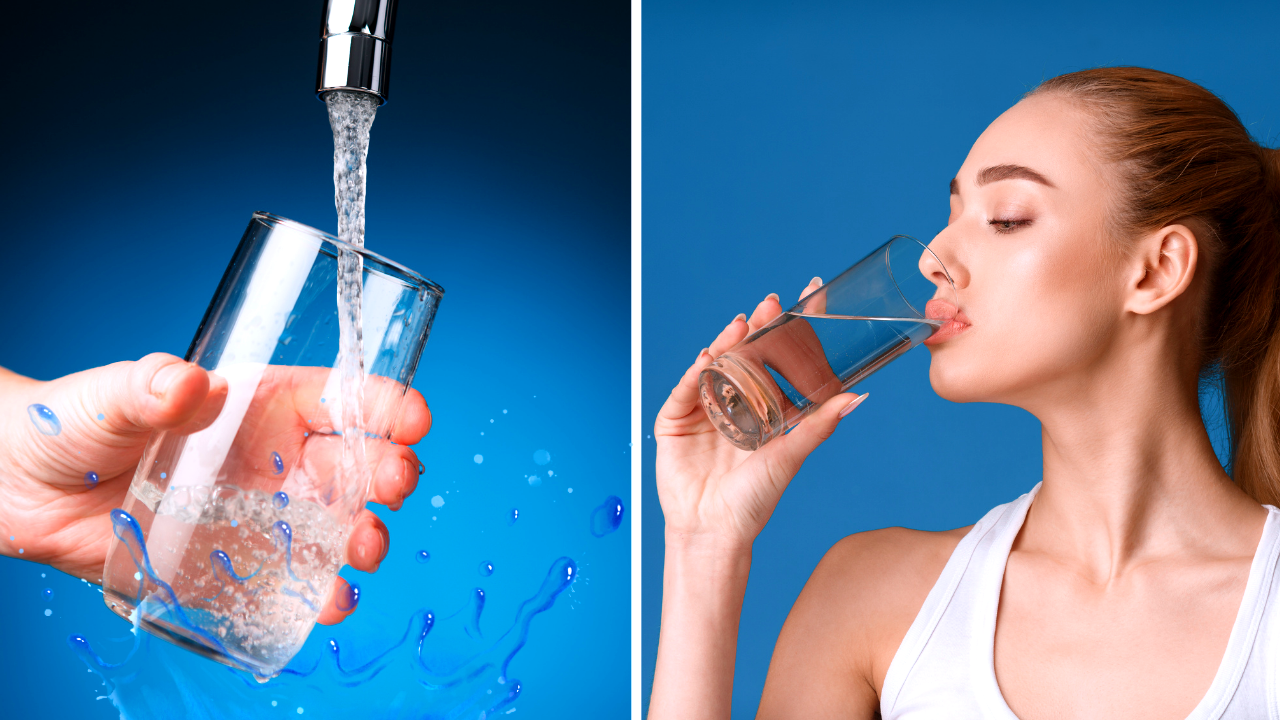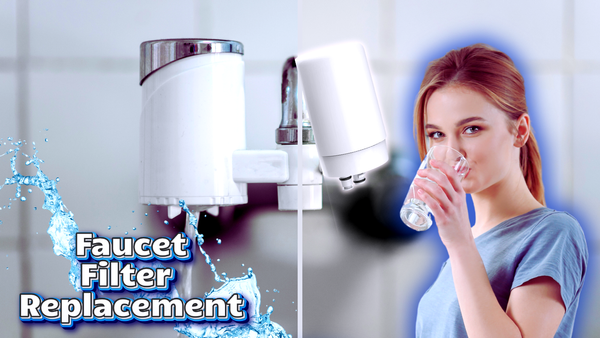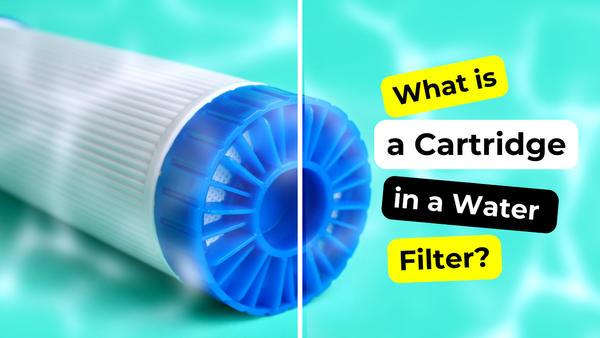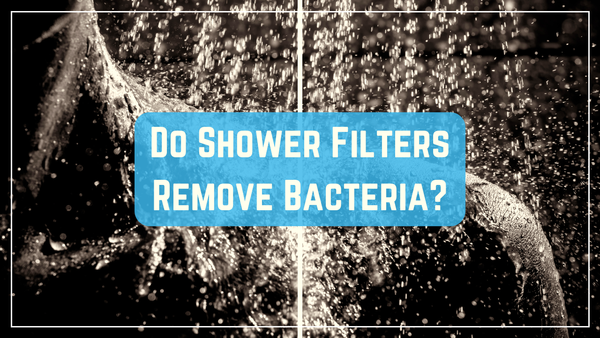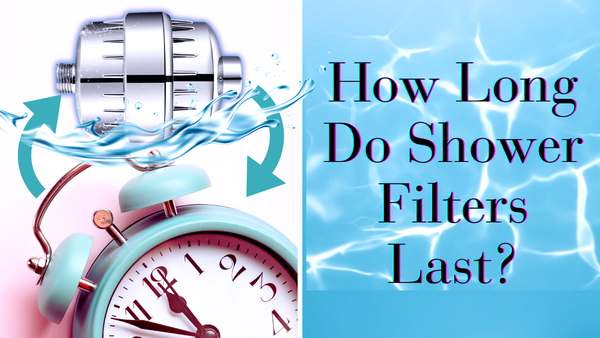Key Takeaways:
- Home water filters provide clean, safe drinking water by removing harmful contaminants.
- They improve tap water's taste and odor, making it more enjoyable to drink.
- Using water filters is cost-effective and environmentally friendly compared to buying bottled water.
Water is essential for life, but not all water is created equal. Many people rely on tap water for their daily needs, but this water can contain harmful contaminants that affect both health and taste. This is where home water filters come into play. They offer a simple, effective solution to ensure your water is clean, safe, and delicious. Using water filters to filter tap water is cost-effective and eco-friendly, providing financial savings and improved water quality.
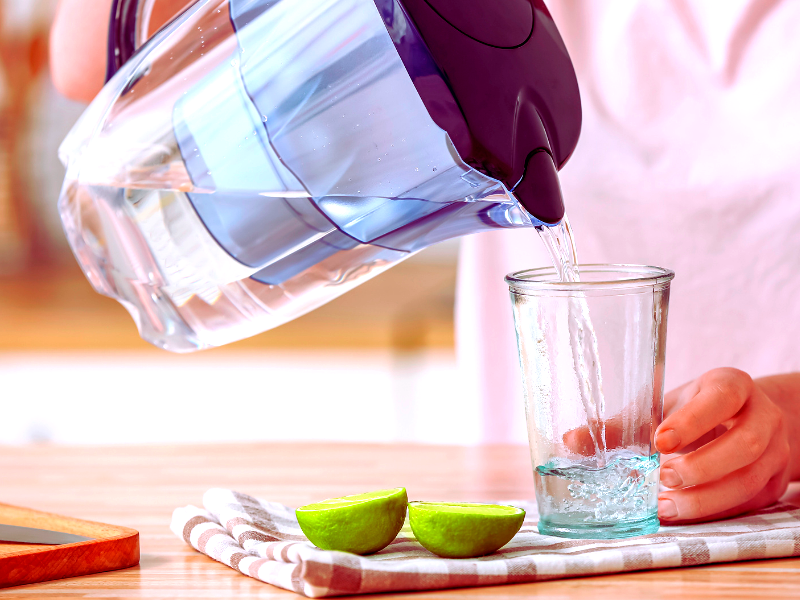
The Problem with Tap Water
Most tap water, while generally safe, can contain various contaminants. These include heavy metals like lead and mercury, volatile organic compounds (VOCs), chlorine, and other harmful chemicals. Even though water treatment plants work hard to provide clean water, they can't remove all impurities. This means that the water from your tap might still contain substances you don't want to ingest.
Health Benefits of Filtered Water
Filtered water is not just about removing harmful contaminants; it's also about preserving essential minerals. Water filters can remove unwanted contaminants while keeping healthy minerals like calcium and magnesium. This balance is crucial for maintaining good health, as these minerals support various bodily functions, including bone health and hydration.
Improved Taste and Odor
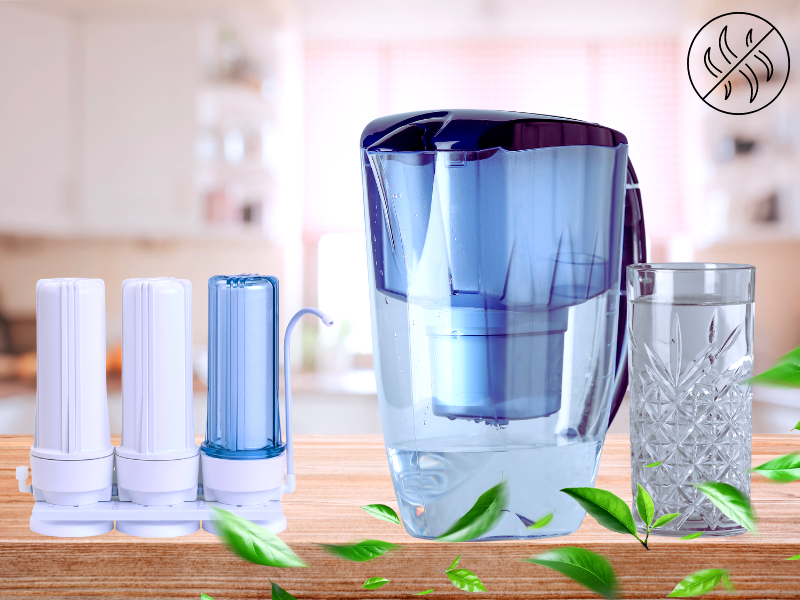
One of the most noticeable benefits of using a home water filter is improving water taste and odor. Tap water often has a chlorine taste or other unpleasant flavors due to the chemicals used in water treatment. A good water filtration system can remove these chemicals, resulting in water that tastes fresh and clean. This makes it more enjoyable to drink, encouraging better hydration.
Cost-Effective Solution
Buying bottled water can be expensive and inconvenient. It also contributes to plastic waste, which is harmful to the environment. Using water filters to filter tap water is a cost-effective solution that saves money and improves water quality. Home water filters offer a cost-effective alternative. Once installed, they provide a continuous supply of clean water at a fraction of the cost of bottled water. Plus, using reusable water bottles with filtered water reduces plastic waste, making it eco-friendly.
Types of Water Filtration Systems
Various types of water filtration systems are available, each designed to meet different needs. Some popular options include:
- Whole House Water Filters: These systems filter water as it enters your home, ensuring that all the water you use is clean and safe.
- Reverse Osmosis Filters: These are highly effective at removing many contaminants, including heavy metals and VOCs.
- Water Filter Pitchers: These are convenient and easy to use, perfect for filtering drinking water on the go.
Removing Harmful Contaminants
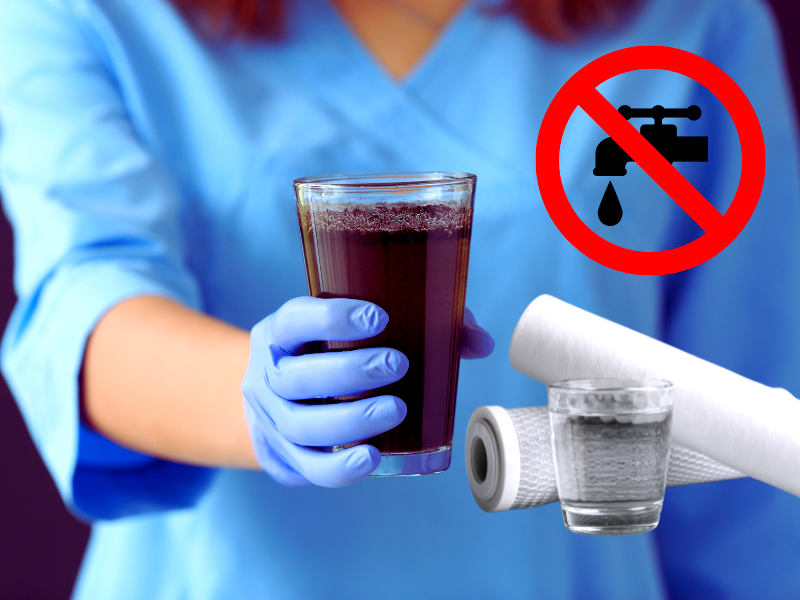
Water filters are designed to remove a wide range of harmful contaminants, including bacteria, viruses, heavy metals, and chemicals like chlorine and fluoride. By filtering these out, you can significantly reduce the risk of waterborne illnesses and other health issues. This is particularly important for vulnerable populations, such as children and the elderly.
Environmental Impact
Using a home water filter can have a positive impact on the environment. By reducing the need for bottled water, you help decrease plastic waste. Plastic bottles take hundreds of years to decompose and are a significant source of pollution. Switching to filtered water and reusable water bottles is a simple yet effective way to reduce your environmental footprint.
Skin and Hair Benefits
Filtered water is not just good for drinking; it's also beneficial for your skin and hair. Tap water can contain chlorine and other chemicals that can dry out your skin and hair. Using a whole-house water filter ensures that the water you use for bathing is free from these harmful substances, leading to healthier skin and hair.
Weight Loss and Hydration

Drinking more water is often recommended for weight loss and overall health. However, if tap water tastes bad, you might be less inclined to drink it. Filtered water tastes better, making it easier to stay hydrated. Proper hydration is essential for weight loss, as it helps regulate your metabolism and keeps you feeling full.
Convenience and Accessibility
Having a home water filter means you always have access to clean water. Running to the store to buy bottled water or worry about running out is unnecessary. This convenience is especially valuable during emergencies when access to clean water might be limited.
Cost Savings Over Time
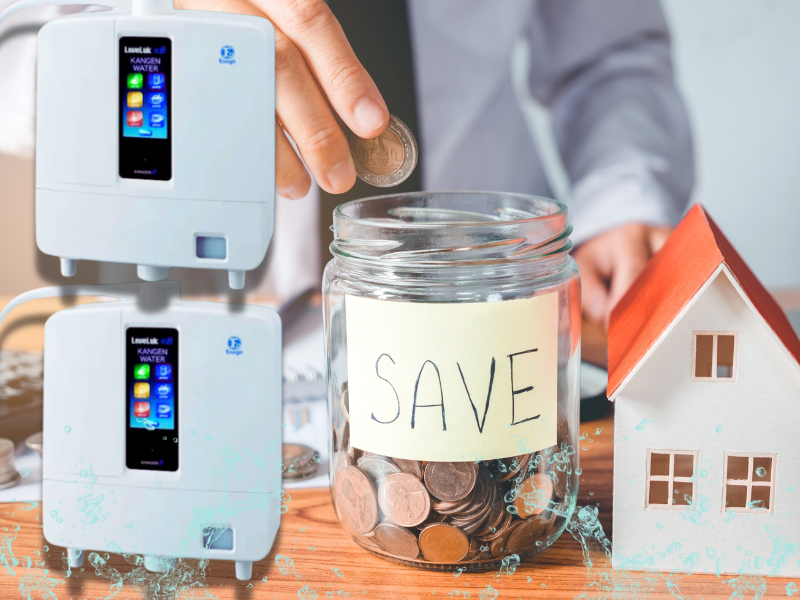
While a home water filtration system requires an initial investment, the long-term savings are significant. The cost of bottled water adds up quickly, and a good filtration system can pay for itself in a matter of months. Many filters are designed to last several years, providing ongoing savings.
Reducing Exposure to Heavy Metals
Heavy metals like lead and mercury can be present in tap water, especially in older homes with outdated plumbing. These metals are harmful and can cause serious health issues over time. A reliable water filter can effectively remove these contaminants, providing peace of mind and protecting your health.
Enhancing the Taste of Food and Beverages
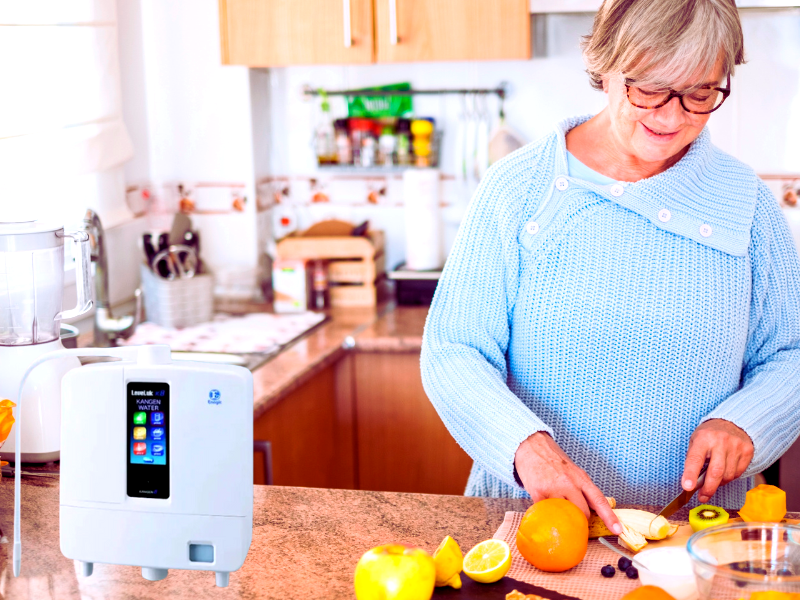
Filtered water improves the taste of drinking water and enhances the flavor of food and beverages. When you cook with filtered water, the absence of chlorine and other chemicals allows the natural flavors of your ingredients to shine through, making a noticeable difference in the taste of your meals and drinks.
Protecting Your Appliances
Hard water, which contains high levels of minerals like calcium and magnesium, can cause scale buildup in appliances, reducing their efficiency and lifespan. A home water filter can help prevent this by removing these minerals, protecting your appliances, and saving money on repairs and replacements.
Conclusion
In summary, home water filters offer numerous benefits, from improving the taste and safety of your drinking water to protecting your health and the environment. They are a cost-effective, convenient solution that ensures you always have access to clean, safe water. Investing in a good water filtration system is a smart choice for anyone looking to improve their water quality and overall well-being.
FAQs
How often should I replace my water filter?
The frequency of replacing your water filter depends on the type of filter and your water usage. Generally, it's recommended to replace filters every 3 to 6 months. However, some filters, like those in whole-house systems, may last up to a year.
Can a water filter remove all contaminants?
While water filters are highly effective at removing many contaminants, no filter can remove everything. Choosing a filter that targets the specific contaminants in your water supply is essential.
Is filtered water better than bottled water?
Filtered water is often better than bottled water because it removes harmful contaminants while retaining essential minerals. It's also more cost-effective and environmentally friendly, reducing plastic waste and the carbon footprint associated with bottled water production and transportation.
